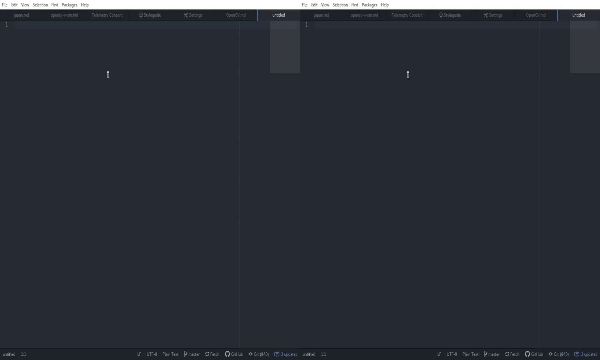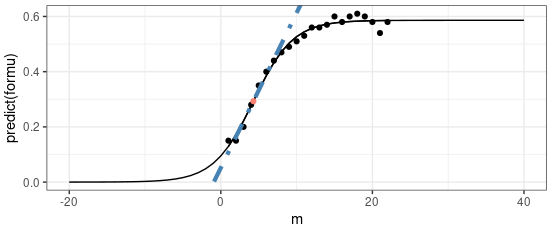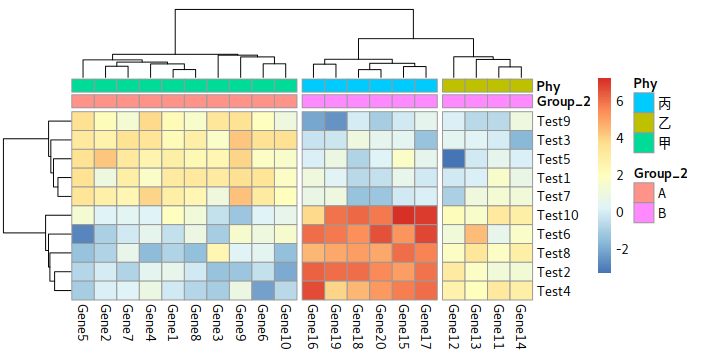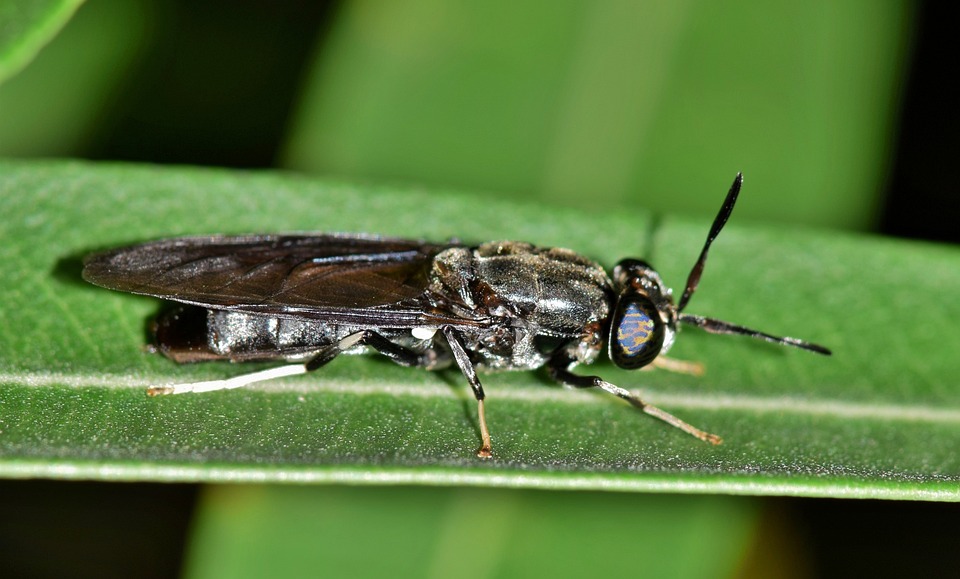import argparse
parser = argparse.ArgumentParser()
parser.add_argument('-i','-I','--input',nargs='+',
help='Input vedio file')
parser.add_argument('-o','-U','--output', default = "combine_result.avi",
help='Output vedio file, default as "combine_result.avi"')
parser.add_argument('-f','-F','--FPS', type = int,
help='Start from X second. default is the same as the first video')
parser.add_argument('-w','-W','--window', nargs='?',
help='1920x1080 default is the combined size of two vedio')
args = parser.parse_args()
File = args.input
OUTPUT = args.output
Window = args.window
fps = args.FPS
import cv2
def Fram_connect(fram1, frame2, Video_w, Video_h, Video_w2, Video_h2):
frame2 = cv2.resize(frame2, (int(Video_w2), int(Video_h)), interpolation = cv2.INTER_AREA)
BG = cv2.resize(frame1, (int(Video_w + Video_w2), int(Video_h)), interpolation = cv2.INTER_AREA)
BG[0:int(Video_h),0:int(Video_w)] = frame1
BG[0:int(Video_h),int(Video_w):int(Video_w+ Video_w2)] = frame2
return (BG)
Video1 = File[0]
Video2 = File[1]
cap1=cv2.VideoCapture(Video1)
cap2=cv2.VideoCapture(Video2)
fps_c = cap1.get(cv2.CAP_PROP_FPS)
Video_h = cap1.get(cv2.CAP_PROP_FRAME_HEIGHT)
Video_w = cap1.get(cv2.CAP_PROP_FRAME_WIDTH)
fps_c2 = cap2.get(cv2.CAP_PROP_FPS)
Video_h2 = cap2.get(cv2.CAP_PROP_FRAME_HEIGHT)
Video_w2 = cap2.get(cv2.CAP_PROP_FRAME_WIDTH)
fps = fps_c
if Window == None:
size = (int(Video_w+Video_w2), int(Video_h))
else:
size = (int(Window.split("x")[0]), int(Window.split("x")[1]))
fourcc = cv2.VideoWriter_fourcc('M','J','P','G')
videowriter = cv2.VideoWriter(OUTPUT + ".avi",fourcc,fps,size)
while (True):
ret,frame1=cap1.read()
ret,frame2=cap2.read()
img = Fram_connect(frame1, frame2, Video_w, Video_h, Video_w2, Video_h2)
img = cv2.resize(img, size, interpolation = cv2.INTER_AREA)
videowriter.write(img)
if cv2.waitKey(1) & 0xFF == ord('q'):
cv2.destroyAllWindows()
break
videowriter.write(frame)
|










